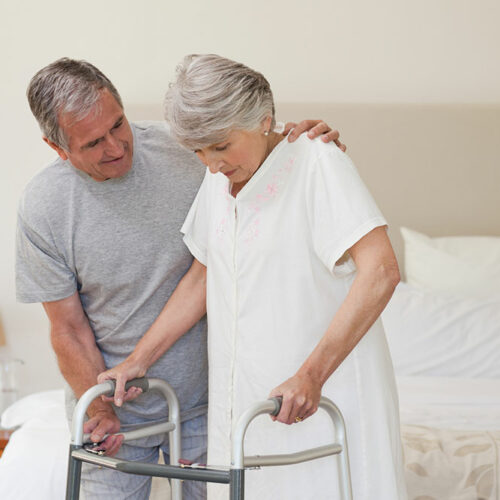50 online stores to check out for exciting Black Friday deals in 2022

Black Friday is the best day of the year for online shopping. Millions of people visit the websites of their favorite brands and buy everything from furniture to electronics and home décor. If you have considered shopping online but do not know where or how to get started, this guide will help. Based on the previous years’ trends, we have rounded up 50 online stores you can visit in 2022 for the top deals! Abt Abt is one of the best-known brands in retail. They sell various appliances and electronics at low prices during the holiday sale. In 2021, you could get branded cameras for a discount of more than $200. Expect great deals this year too. Abt also has offline stores. Adidas Adidas offers some of the best Black Friday deals, and adiClub members receive additional benefits. They get an extra 15% discount on select products and free shipping. Many clothing items and accessories are already witnessing price cuts ahead of the shopping season. Adorama Adorama offers some of the most irresistible deals on electronics for photographers, filmmakers, videographers, music producers, audiophiles, and anyone who wants to unleash their creativity through the digital medium. Be sure to check out the best offers at their online store as soon as the sale begins.






